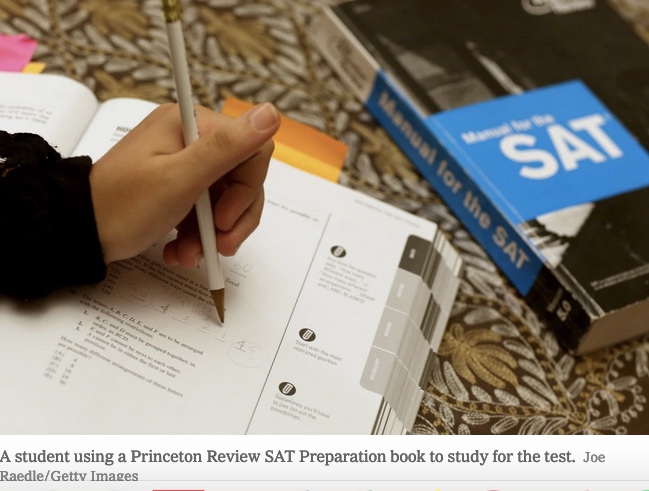Because of the threat posed by the coronavirus pandemic, the College Board, which administers the SAT and Advanced Placement exams, has canceled spring and summer testing and raised the possibility of offering SATs online in the fall.
The ACT is considering a similar approach. In response, over the last several weeks numerous colleges and universities, including Tulane, Swarthmore, the University of Washington and the University of California system, have announced that they will no longer require the SAT or ACT for 2021 applicants. Other institutions, including Tufts, say they plan to have “test optional” policies for at least three years.
These decisions are being made in the context of immediate concerns about student safety. But they are also part of a larger debate around standardized testing, led by both student and adult education activists who question the extent to which these tests are predictive of college success. The truth, these critics say, is that standardized tests are nothing but a measure of wealth, prep and cultural capital.
In 2017, the International Association for College Admission Counseling, which represents nearly 3,000 school counselors, said it had lost confidence in the College Board and the ACT. And an article in March in The Washington Post asked, “Is it finally time to get rid of the SAT and ACT college admissions tests?”
Both the SAT and ACT are definitely flawed: There is gaming of the exams by the wealthy, most egregiously evident in last year’s Varsity Blues scandal. And on a legal, more commonplace level, endlessly prepped and tutored upper-middle-class students can engineer better scores. Researchers have found that SAT scores correlate positively to higher parental income levels, which is no surprise given that coaching costs hundreds if not thousands of dollars.




